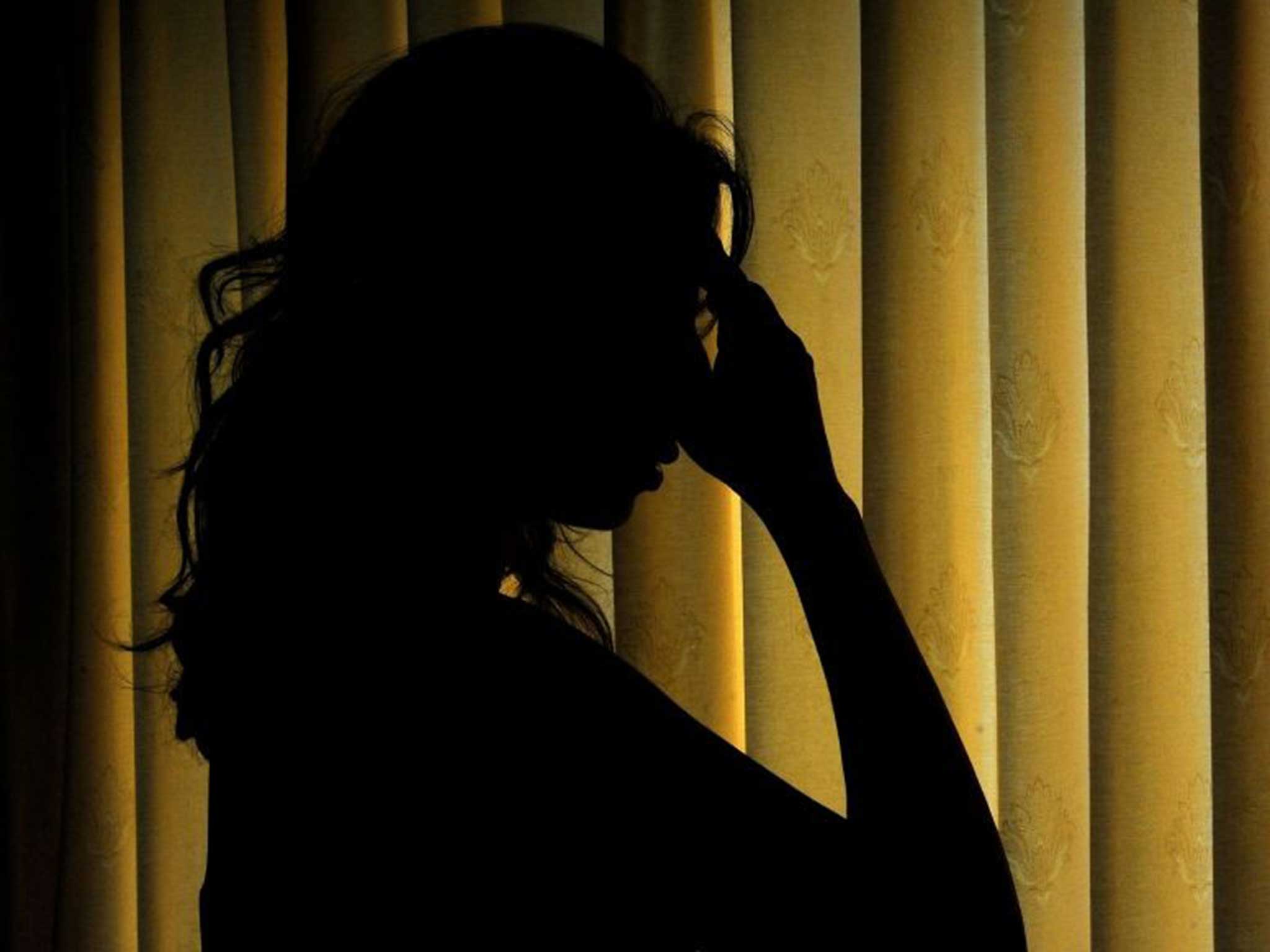Anti-depressant prescriptions in Britain have doubled in past 10 years
Doctors issued 55 million prescriptions in 2014 alone

The number of Britons on anti-depressants has almost doubled in the past 10 years, an investigation has revealed.
Britain is fourth in Europe when it comes to countries consuming the most antidepressants, with just Sweden, Denmark and Portugal taking more.
In a YouGov study commissioned by The Sun (£), it was found that nearly one in 10 adults are currently taking pills to help with anxiety or depression. Doctors issued 55 million prescriptions in 2014 alone.
In a survey of 3252 UK adults questioned between 3-8 December, the poll revealed that 29 per cent have been diagnosed with depression or anxiety. Of that number (970 people), 54 per cent said they were offered medication and other therapies, while 34 per cent were only offered medication.
Dr James Davies from the Council of Evidence-based Psychiatry told The Sun: "Too many people are being medicated unnecessarily. They work no better than a pretend pill in more than 80 per cent of patients."
A statement was released to The Independent from Marjorie Wallace, chief executive of the mental health charity SANE, who said that the survey was unsurprising due to figures that suggest "one in four suffer from depression and anxiety at some time in their lives".
"The problem is that we have not yet found the causes of these conditions and therefore treatments can be hit and miss," she added.
"For some people antidepressants may be essential, but these sunshine pills have their own shadows and some people find the side-effects as intolerable as the depression itself.
"We wait for more effective mediations and therapies we should recognise that treatment, however imperfect, is better than people suffering in silence."
Subscribe to Independent Premium to bookmark this article
Want to bookmark your favourite articles and stories to read or reference later? Start your Independent Premium subscription today.

Join our commenting forum
Join thought-provoking conversations, follow other Independent readers and see their replies